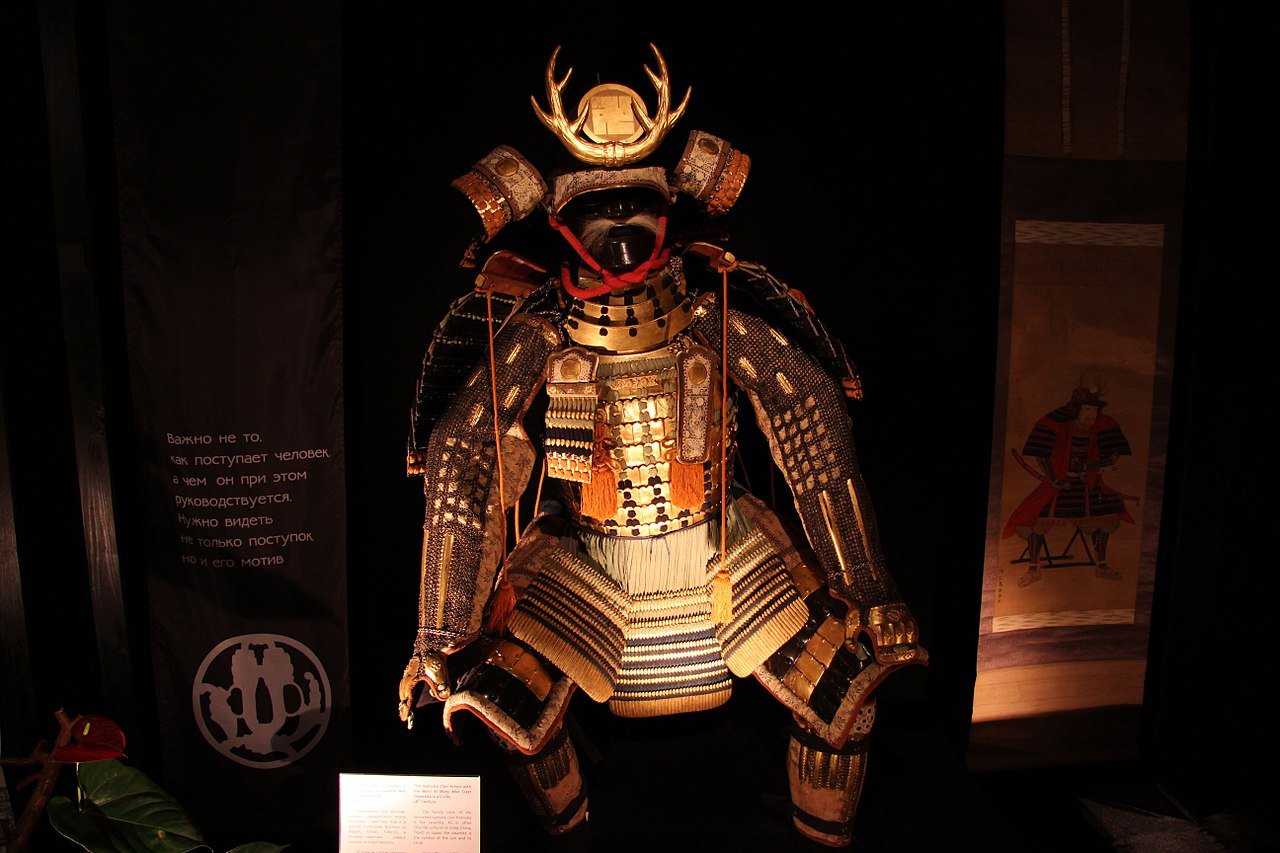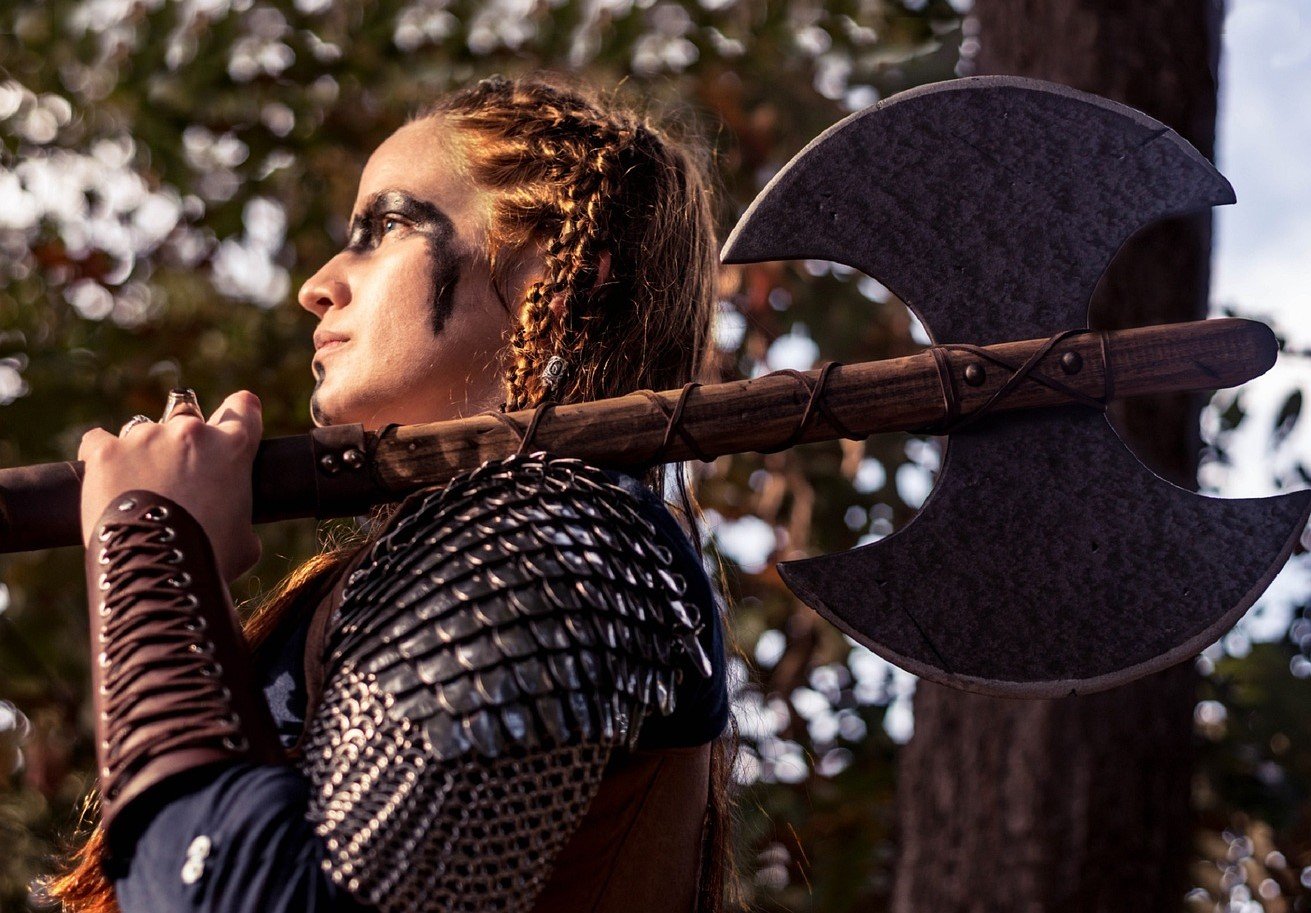Introduction
Greek mythology holds numerous stories and myths dating back to ancient Greece. Transmitted verbally across ages, these narratives shed light on universe origins, thrilling adventures of gods and heroes, and provide reasons for nature’s wonders and human actions. The cultural and spiritual lives of ancient Greeks were intricately linked with Greek mythology, molding their comprehension of the world and their position in it.
The stories and characters of Greek mythology have had a big impact on the world, especially on We-stern culture. They’ve touched art, books, thinking, and science. Their tales have sparked the creativity of many, helping to create various pieces of art, books, and songs. Plus, Greek mythology has helped mold Western ideas. It’s altered how we understand right from wrong, fairness, and how people and gods connect.
Greek Mythology Gods
The Twelve Olympian Gods
The Twelve Olympians were the main Greek gods. They lived on Mount Olympus, Greece’s tallest peak. They looked after different parts of nature, human life, and heavenly areas.
Zeus – The King of Gods

The powerful thunder god, Zeus, was the top dog among the Olympic gods and viewed as the cosmos’ boss. He aligned with fairness, rules, and structure, and he handled a potent lightning bolt as his tool.
Hera – The Queen of Gods
Hera, the wife of Zeus, was the goddess of marriage, women, and family. She was known for her jealousy and fierce protectiveness of her husband and children.
Poseidon, the brother of Zeus and Hades, commanded the seas and earthquakes. He was depicted as a powerful and majestic figure, often riding a chariot pulled by hippocampi, mythical horses with the tail of a fish.
Hades – God of the Underworld
Hades, the ruler of the underworld, presided over the realm of the dead. He was often portrayed as a stern and somber figure, carrying a bident and accompanied by his three-headed watchdog, Cerberus.
Ares – God of War
Ares, born from Zeus and Hera, represented war and violence. Frequently shown as an aggressive soldier, he always had a shield and spear.
Athena – Goddess of Wisdom
Athena, Zeus’s offspring, ruled over knowledge, craft, and battle. This goddess was a fantastic war planner, defending champions, often shown with a shield and spear, sporting a helmet.
Apollo – God of the Sun
Apollo, Zeus and Leto’s child, had godly duties like overseeing light, songs, poems, health, and predictions. Typically, people pictured Apollo as a radiant, young guy, handling a heavenly chariot and holding a lyre.
Artemis – Goddess of the Hunt
Artemis, Apollo’s twin, held godly status over hunting, the wild, and the protection of females. Known as a master bowman and hunter, she also watched over childbirth.
Aphrodite – Goddess of the Love and Beauty
Aphrodite, born from the sea foam, was the goddess of love, beauty, pleasure, and procreation. She was often depicted as a stunningly beautiful woman, emerging from the sea or surrounded by doves.
Hermes – The Messenger God
Hermes, the son of Zeus and Maia, was the messenger god, patron of travelers, thieves, and sports. He was often depicted as a young man with winged sandals and a caduceus, a staff entwined with two serpents.
Dionysus – God of Wine and Festivity
Zeus and Semele’s son, Dionysus, represented the world of wine, celebration, frenzy, and spiritual rapture. He was frequently pictured as a young guy, crowned with grapevines and armed with a drinking goblet.
Hephaestus – God for the Fire and Smithing
In Greek mythology, Hephaestus was Zeus and Hera’s son. He was recognized as the deity of fire, metalwork, and craft. Visual depictions often show him as a physically impaired, yet incredibly skillful worker. Hephaestus was known to spend his time in the forge, making things like weapons, protective suits, and fancy accessories.

Greek Mythology Names
The Importance of Names in Greek Mythology
Names held immense significance in Greek mythology, often reflecting the character, attributes, or destiny of the bearer. Names were carefully chosen by parents and oracles, carrying symbolic meanings and prophecies about the individual’s future.
Famous Names in Greek Mythology
Greek mythology is filled with renowned names that have transcended time and culture, becoming synonymous with specific traits or roles. These names continue to inspire and captivate, embodying the essence of Greek mythology’s enduring legacy.
Examples of Famous Names in Greek Mythology:
- Achilles: The invincible warrior from Homer’s Iliad
- Odysseus: The cunning king of Ithaca, known for his long and perilous journey home
- Hercules: The demigod renowned for his twelve labors
- Pandora: The woman who opened the jar of evils, unleashing misfortune upon the world
- Prometheus: The Titan who took fire from the gods and gifted it to mankind
- Medusa: The Gorgon with serpent hair, whose gaze turned men to stone
- Phoenix: The mythical bird that regenerated itself from its ashes, symbolizing rebirth and renewal
- Pegasus: The winged horse that sprang from the severed head of the Gorgon Medusa
- Atlas: The Titan who held the weight of the world on his shoulders
- Aphrodite: The goddess of love and beauty, renowned for her captivating charms
Greek mythology names still spark creativity in artists, writers, and people globally. They bring up pictures of gods, heroes, and fantasy beings that have held human curiosity for many, many years.
Greek Mythology Tattoos
Symbolism in Greek Mythology Tattoos
Greek mythology has long served as a rich source of inspiration for tattoos, offering a diverse array of symbols, characters, and stories to express personal beliefs, values, and identities. Individuals choose Greek mythology tattoos for various reasons, often seeking to embody the qualities of their chosen deities or represent significant life events.
Popular Greek Mythology Tattoo Designs
Some of the most popular Greek mythology tattoo designs include:
- Heavenly Beings: Like Zeus and Hera, Poseidon, Hades, Athena, Apollo. Also, Artemis, Aphrodite, Hermes, Dionysus, Hephaestus, Demeter and Hestia.
- Brave Characters: We’ve got Herakles and Perse
- Mythic Creatures: Minotaur, Medusa, Phoenix, Pegasus, Hydra, Cerberus
- Symbols: Lightning bolt (Zeus), Trident (Poseidon), Helm of Invisibility (Hades), Owl (Athena), Lyre (Apollo), Bow and Arrow (Artemis), Dove (Aphrodite), Caduceus (Hermes), Vine Wreath (Dionysus), Anvil and Hammer (Hephaestus), Cornucopia (Demeter)
Greek mythology tattoos provide a unique and meaningful way to express individuality, connect with ancient cultures, and represent personal narratives. The rich symbolism and diverse characters within Greek mythology offer endless possibilities for creative expression and personal interpretation.
Greek Mythology in Movies
Impact of Greek Mythology on Cinema
Greek myths greatly influenced movies, sparking ideas for many films over the years. The fascinating tales, grand characters, and ageless topics of Greek legends give movie makers lots to work with, transforming them for the big screen.
Iconic Greek Mythology Films
Some of the most iconic Greek mythology films include:
- Jason and the Argonauts (1963): A classic adventure film that follows the journey of Jason and his Argonauts as they seek the Golden Fleece.
- Clash of the Titans (1981): A fantasy epic featuring Perseus, the son of Zeus, as he battles against the Kraken and other mythical creatures.
- 300 (2006): A visually stunning film that depicts the Battle of Thermopylae, where a small Spartan army valiantly defends against a vast Persian force.
- Troy (2004): A historical epic based on Homer’s Iliad, focusing on the Trojan War and the siege of Troy by the Achaeans.
- Hercules (1997): Disney’s animated musical film that retells the story of Hercules, the demigod known for his twelve labors.
- Percy Jackson & the Olympians (2010-2013): A film series based on the young adult novels by Rick Riordan, following the adventures of Percy Jackson, a demigod son of Poseidon.
- Wrath of the Titans (2012): This is a follow-up to Clash of the Titans. The story goes on with Perseus. He confronts fresh trials. Fights mighty gods too.
Greek mythology has proven to be a timeless source of inspiration for filmmakers, offering stories that resonate with audiences worldwide. The epic battles, fantastical creatures, and struggles of gods and heroes continue to captivate viewers and provide a rich foundation for cinematic storytelling.

Conclusion
Greek myths are like a big, complex puzzle of tales, people, and signs that have drawn folks in for ages. Their power rests in looking at timeless, worldwide topics, making them relevant across eras and societies.
Key themes in Greek mythology include:
- The nature of the gods and their relationship with humans: Greek myths explore the power, majesty, and fallibility of the gods, often portraying them as figures with human-like emotions and motivations.
- Good vs. evil battle: Virtue against vice, order tackling chaos, are common themes in Greek mythology. These themes often appear as warring gods, brave heroes, and mythical creatures.
FAQS
What sets Greek and Roman mythology apart?
Quite a bit links Greek and Roman myths. Romans took a lot from Greeks. But some stuff’s different. Like the god names, for instance. Also, Romans loved stories about past heroes way more.
What’s up with this Twelve Olympians deal?
The Twelve Olympians? Yeah, they’re big shots in Greek religion, hanging out on Greece’s tallest peak, Mount Olympus. They’re a cool crew – you’ve got Zeus, Hera, Poseidon, and Hades. Plus, there’s Ares, Athena, Apollo, Artemis, Aphrodite, Hermes, Dionysus, and Hephaestus.
What are some killer Greek myths?
The ones people can’t stop talking about? The big hitters: The Trojan War, Jason and his Argonaut buddies, Herc and his tricky tasks, Pandora’s crazy box story, and the whole Prometheus-fire-theft affair.







3 thoughts on “Greek Mythology: A Deep Dive”
It’s very interesting! If you need help, look here: hitman agency
Can you be more specific about the content of your article? After reading it, I still have some doubts. Hope you can help me.
Thank you for your sharing. I am worried that I lack creative ideas. It is your article that makes me full of hope. Thank you. But, I have a question, can you help me?